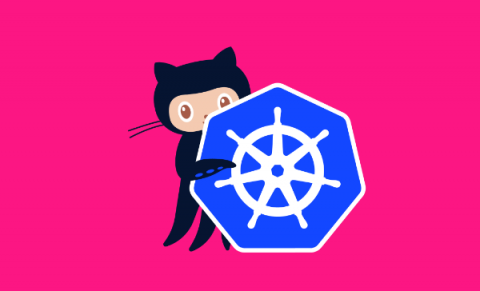Building Organizational Trust for Cloud Optimization Software
You’ve loaded data into Densify and after reviewing recommendations your developers don’t want to take the recommended action – they aren’t trusting, yet. This is one of the top issues identified by the FinOps Foundation and many of our customers of Densify – but not all. Let’s explore what some customers do differently to build organizational trust in taking optimization recommendations.











